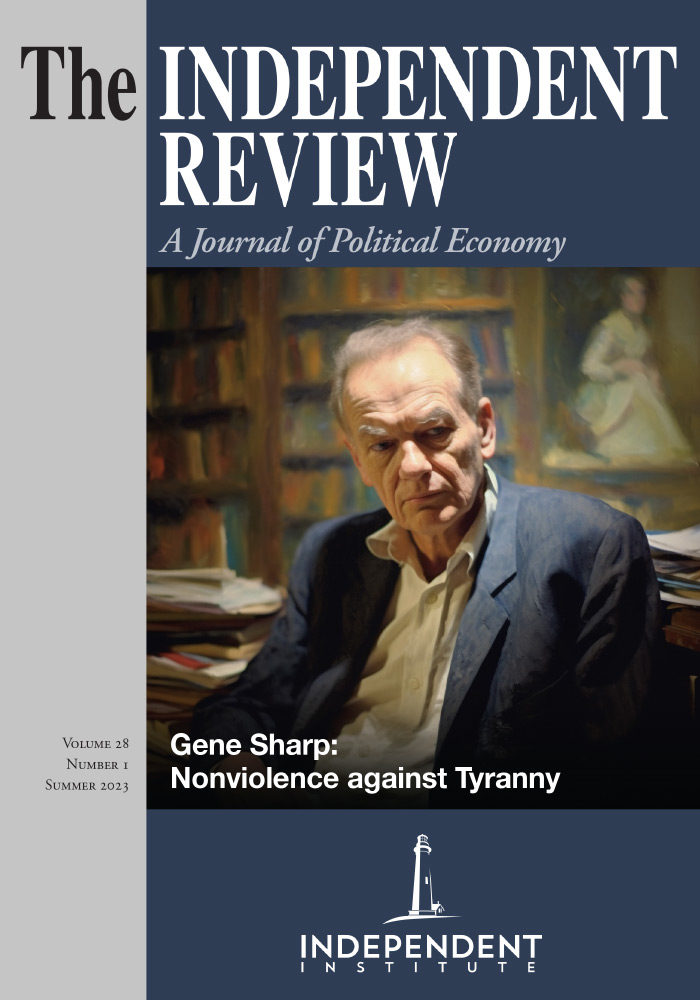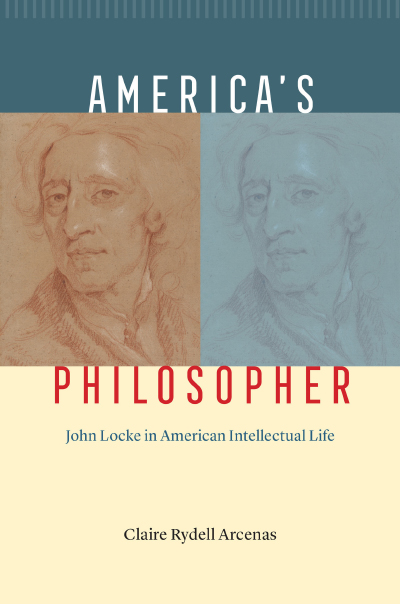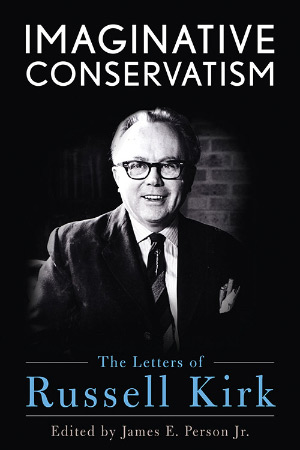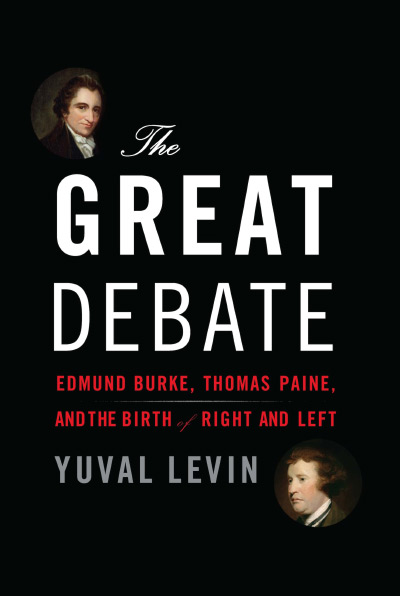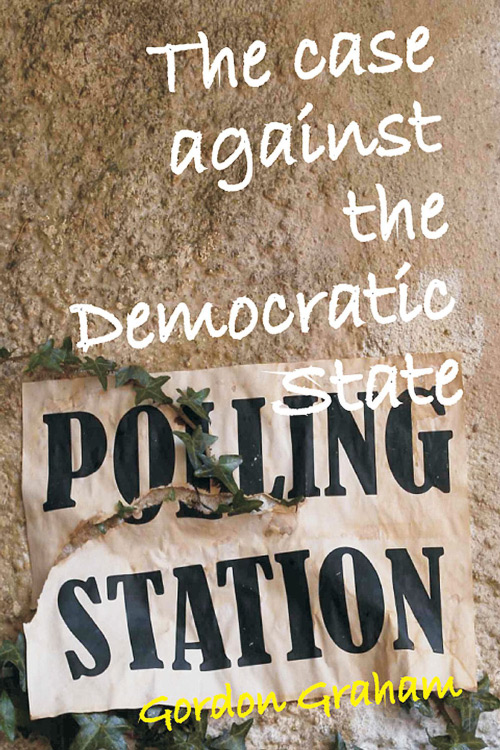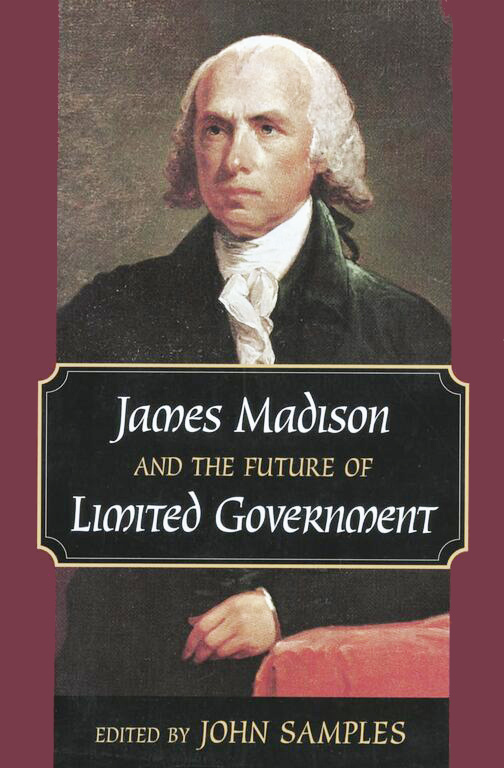On a flight from Phoenix to San Diego, I fortuitously sat next to a college student majoring in political science. At the time, I was reading Claire Rydell Arcenas’s America’s Philosopher. Looking at the book in my hand, he asked me what it was about. I answered that it was a book about the influence of John Locke on America’s society. He became silent for a moment. Trying to sound as polite as possible, he replied: I don’t like Locke because he was a bad influence on the American Constitution. I smiled, quickly opened Arcenas’s book, and pointed out the following passage: “A central myth of the American Revolution is that John Locke (who died in 1704) first gave life to American independence and then to the United States itself.... Incorrect in fact, this image is also wrong in spirit. It reads our modern understanding of Locke and his relevance back onto the past” (p. 49). Surprised, the student said: I didn’t know that. This short story tells all that you need to know about Arcenas’s study: it destroys the myths surrounding the figure of John Locke and his relationship with American democracy. At the same time, Arcenas shows that Locke's imprint in America is deeper than its political system.
I must confess that, before reading this book, I used to share the student’s erroneous beliefs. I have known Locke’s writing since I was in high school. I have read, learned, and taught more than once the Second Treatise of Government and I have always said to my students that Locke was a major influence on the Federalist Papers. Doesn’t everyone know that Locke’s claim that “no one ought to harm another in his Life, Health, Liberty, and Possessions” (1960, “Second Treatise” in Two Treatises of Government, Cambridge Texts in the History of Political Thought, Peter Laslett (ed.), Cambridge: Cambridge University Press, §7) was recovered by Thomas Jefferson in the famous line of the Constitution about the rights of “life, liberty and the pursuit of happiness”? Arcenas proved me wrong. I cannot resist quoting one of the most illuminating passages of this book: “happiness as Jefferson used it was synonymous with public, social happiness resulting from a people’s well-being—their safety and security” (p. 51). Happiness in Jefferson’s parlance has a meaning that is almost antagonistic to private property. Locke’s political oeuvre at the time of the American Revolutionary War was neglected and often even despised by the American Framers.
People in the time of the American Independence considered Locke as a negative model for politics. He was an example of what not to do due to his failure in writing the constitution of Carolina in 1699. The Fundamental Constitutions of Carolina was considered a speculative work of an abstract theorist who had no experience with how governments work in reality. To prove the disregard of the era to Locke’s political reasoning, Arcenas recovers how politicians at that time “painted detailed pictures of Locke as a speculative thinker out of touch with reality, and of a constitution imposed on, rather than, born from, a people” (p. 74). For educated citizens of that time, the speculative inquiry of the state of nature was a laughable method to grasp the complexities of political institutions. On the contrary, Montesquieu and Adam Smith, both philosophers who sought answers to the best political and economic systems in history, were the real oracles for the American Framers.
Arcenas’s work is eye-opening. She unveils the true role of Locke, a popular figure since colonial times, in shaping American society. Arcenas’s investigation takes us on a journey through archives, newspapers, syllabi, diaries, philosophy, history, theology, and so on, to illustrate the undeniable influence that Locke had on America’s identity. Before being influential as a political philosopher, Locke’s Some Thoughts Concerning Education and An Essay Concerning Human Understanding molded colonial society at the dawn of the American Revolution. In the early seventeenth century, Locke’s tabula rasa and his rejection of innate ideas were fundamental elements of every highly educated person. Arcenas undertook a deep dive into the curricula of Ivy League universities to show how important Locke’s system of thought was for the education of the new world. Arcenas recalls, “Locke quickly became a central figure in colonial life.... Both men and women ... drew on Locke’s authority to support arguments on topics ranging from freedom of religion to metaphysics” (p. 30). His influence goes beyond the defense of democracy: it lies at the very basis of the American perception of the world.
Even if at some point in the nineteenth century, Locke’s theory of knowledge lost relevance when confronted with Immanuel Kant’s influential idealism, the figure of Locke never disappeared completely from American society. When his ideas lost steam, Locke stayed relevant in a dimension of his importance that, to my knowledge, has almost completely disappeared today: the importance of his personal life as a role model. “Locke served as a positive model, an exemplar and guide for virtuous living” (p. 67). At that time, the new American citizens were interested in learning about the good life from Locke’s personal story. They read about his education as a physician and medical practice, his moderation, and, curiously, his “lifelong aversion to wine” (p. 68). Locke’s intellectual influence in America went from being the most important figure in metaphysics and theory of knowledge to the champion of American democracy. And, during the transition time, his fame survived because people were interested in the moderation of his personal life. It is surprising that today we have forgotten the dimension that kept Locke from disappearing from the American intellectual life.
The narrative of Locke as the most important intellectual influence on American democracy came late. It took form during the Second World War and reached the status of a myth during the Cold War. To fight communism, America needed a champion to take on Karl Marx’s Das Kapital, and The Second Treatise of Government was the ideal candidate. Arcenas documents and notices that, “from the Second World War onward, the standard narrative of Locke’s importance for the United States went something like this: American founders (mostly Jefferson) made Locke into the perfect fit for America’s needs in the eighteenth century when they declared independence from Britain and embraced ‘self-evident truths of life, liberty, and the pursuit of happiness’” (pp. 125–26). This was not only a myth on the street, but it was taught in the most prestigious universities, where Locke was unequivocally identified as the foundation of the tradition that opposed the Marxist communist tradition and the—purportedly—Hegelian fascist tradition. The myth of the Second Treatise as the origin of American democracy, Arcenas concludes, is more a twentieth-century ideological strategy and less a historical reference to what the American Framers had in mind.
In the last section of her book, Arcenas deals with debates surrounding Locke’s ideological heritage and the multiple, and often opposing, political branches that have come out of it in the late twentieth century. Conservatives underlined the importance of religion in Locke’s thought, while socialist thinkers recognize in his labor theory of value the seed of Marxism. Robert Nozick’s libertarianism represents one particularly important branch of Locke’s political thought. In Anarchy, State, and Utopia (1974, New York: Basic Books), the Lockean state of nature sets the starting point to inquiry into the requirements of a society that respects the difference between free individuals. Arcenas ends up talking about “Lockean-isms.” Each branch underlines one dimension of Locke’s political thought that they found more relevant, yet none can declare a correct interpretation of the Lockean abstract political reasoning that was once despised by American intellectuals.
When I told the student that I was reading a book about Locke, he took it as if I was reading something that should not be read. I can only speculate what he meant by the “bad influence” on the American Constitution. Perhaps, he was referring to Locke’s defense of slavery. Yet, it is more likely that he had something else in mind. Locke’s reputation, at least for some, relates to some current radical political views. Arcenas narrates her encounter with this side of Locke’s heritage in a small town in western Montana, where she stayed in an Airbnb rental with a “big yellow flag with the words ‘DONT TREAD ON ME’” (p. 163). Locke’s political thought has numerous branches of all kinds of reputation in the twenty-first century, perhaps due to the abstract nature of his writings.
I only touched on some of the most important parts of Arcenas’s book. Locke influenced different domains at different times in American history. Arcenas’s thorough historiographical study shows that Locke’s ideas went hand-in-hand with American society even before the Independence. His views about the mind and knowledge passed from being almost gospel to being almost forgotten under the influence of Kant’s idealism until they became part of the historical canon. His political writings passed from being ignored to being mistakenly taken as foundational. Arcenas does a remarkable job of providing a map of the convoluted terrain of Locke’s influence on American culture and its different stages.
Lastly, I must acknowledge that I am not well placed to assess Arcenas's work in two important dimensions: the historical and the national. My training is in philosophy and I was born and raised in Mexico. However, Arcenas taught me much about Locke’s real influence on America and, at the same time, about America’s profound empiricism. Perhaps, America cannot be understood without understanding Locke’s theory of knowledge and political thought. Even if Locke was not the main influence on the Constitution, his ideas about knowledge, tolerance, education, and separation of powers among others are certainly encoded in the American soul.
| Other Independent Review articles by Mario I. Juarez-Garcia | |
| Summer 2022 | The Resilient Society |

